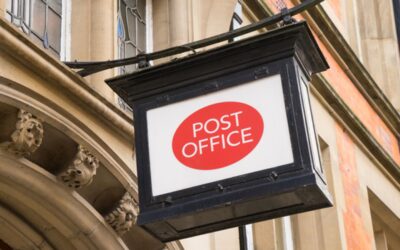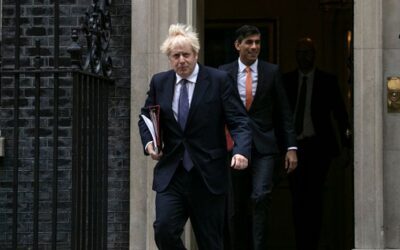Regulators have blocked the merger of ticket resale websites Viagogo and StubHub in the UK.
The Competition and Markets Authority said its in-depth investigation has provisionally concluded that Viagogo will need to sell all or part of StubHub in order to complete the £3.2bn deal.
The CMA said Viagogo ‘s takeover of StubHub could see a “substantial lessening of competition” in the sector for fans who resell and buy tickets to live events.
The competition watchdog said it was concerned that consumers could see a rise in fees collected, lower quality of service and innovation in the sector dampened if the merger went ahead.
The two websites control 90% of the market share and were the only companies of “material size in the UK’s secondary ticketing market”, according to the CMA.
Advertisement
Stuart McIntosh, chair of the CMA inquiry group, said: “The evidence we’ve seen so far consistently points in the same direction – that Viagogo and StubHub have a market share of more than 90% combined and compete closely with each other.
“We are therefore concerned that their merger could lead to secondary ticketing customers facing higher fees and lower quality services.”
More from Business
The CMA launched its probe into the deal after London-based Viagogo acquired the San Francisco headquartered firm StubHub for £3.2bn in February just as the COVID-19 pandemic halted ticket sales around the world.
The markets authority said in a statement: “The CMA is mindful of the significant impact that the coronavirus is currently having on the live events industry.
“However, the evidence is that Viagogo and StubHub would remain important competitors for the foreseeable future without the merger.”
“Whilst we disagree with the provisional conclusion that the deal would reduce competition, we look forward to working with the CMA to deliver a comprehensive solution which addresses their concerns,” a Viagogo spokesperson said.
StubHub and Viagogo have continued to run as two distinct brands during the CMA’s merger investigation, according to the California based company.
“We will continue to work cooperatively with the CMA through their review of the transaction.,” a StubHub spokeswoman said.
According the financial services firm Fitch Ratings, revenue linked to exhibitions and events with large audiences have seen declines of 80% this year.
It added that recovery will be slow while social-distancing measures remain in place and is only expected to return to pre-pandemic levels by the end of 2022.
Please use Chrome browser for a more accessible video player
2019: Viagogo now a ‘leader in consumer protection’
Viagogo has previously run into the enforcement action led by the CMA over the way it presents key ticketing information to customers.
The company agreed to “overhaul” the way it does business in November after a High Court order, amid concerns customers could be turned away at venues because of restrictions on some resold tickets.










